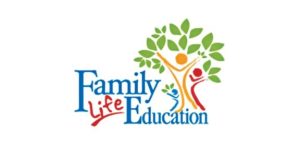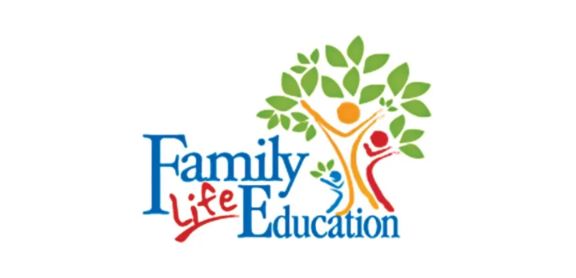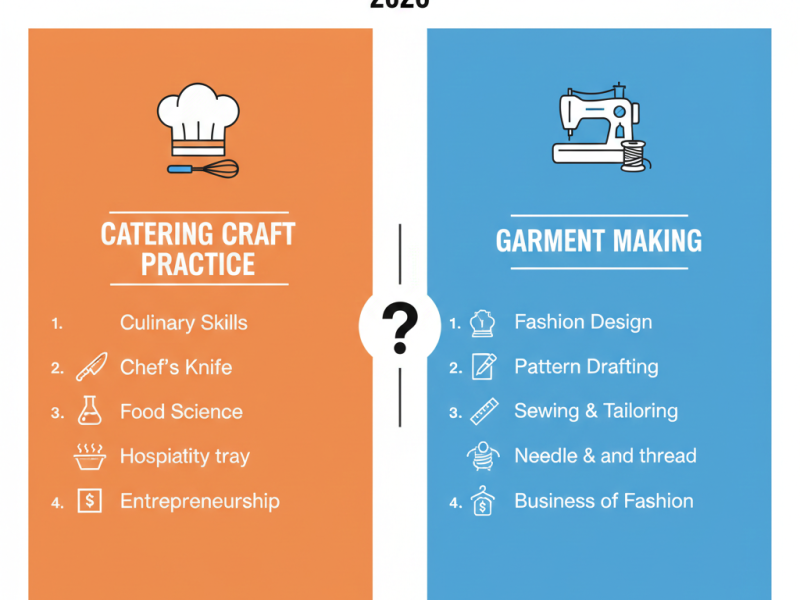Family Life Education JSS3: A Well-Detailed Complete Note
Introduction
Family Life Education (FLE) is more than just a subject in school; it’s a life-enhancing curriculum that equips students with essential knowledge and skills. For Junior Secondary School (JSS3) students, FLE is crucial as it covers topics fundamental to personal and social development. In this comprehensive note, we will explore the various facets of Family Life Education for JSS3 students, emphasizing its importance and providing detailed insights into each topic.

Understanding Family Dynamics
Definition of Family
At its core, a family is a group of individuals connected by blood, marriage, or a sense of belonging. It’s the basic unit of society, playing a pivotal role in shaping our values, beliefs, and behaviors.
Types of Families
Families come in various forms, each with unique structures and dynamics:
- Nuclear Family: Consists of parents and their children.
- Extended Family: Includes relatives such as grandparents, aunts, uncles, and cousins.
- Single-Parent Family: One parent raising their children.
- Blended Family: Families formed by merging two separate families into one, often through remarriage.
Roles and Responsibilities in a Family
Each family member has specific roles and responsibilities that contribute to the family’s overall well-being. Understanding these roles helps maintain harmony and balance within the household.
Human Growth and Development
Stages of Human Development
Human development is a lifelong process divided into various stages:
- Infancy
- Childhood
- Adolescence
- Adulthood
- Old Age
Each stage has its own set of physical, emotional, and psychological changes.
Physical Changes during Puberty
Puberty is a significant phase of adolescence, marked by rapid physical changes:
For Boys: Growth of facial and body hair, deepening of the voice, and development of muscles.
For Girls: Development of breasts, onset of menstruation, and widening of hips.
Emotional and Psychological Changes
Adolescence is also a time of emotional and psychological turmoil. Mood swings, identity exploration, and a desire for independence are common.
Reproductive Health
Anatomy and Physiology of Reproductive Organs
Understanding the structure and function of reproductive organs is vital. This knowledge helps students appreciate the complexities of human biology and reproduction.
Menstrual Cycle and Personal Hygiene
For girls, learning about the menstrual cycle and the importance of maintaining personal hygiene during menstruation is crucial. This knowledge promotes health and well-being.
Common Myths and Facts about Puberty
Dispelling myths and providing factual information about puberty helps students navigate this confusing time with confidence.
Emotional and Social Skills
Building Self-Esteem
High self-esteem is linked to better mental health and well-being. Encouraging students to recognize their strengths and achievements helps build self-confidence.
Effective Communication within the Family
Open and honest communication is the cornerstone of healthy family relationships. Teaching students how to express themselves and listen to others fosters mutual respect and understanding.
Decision Making and Problem-Solving Skills
Equipping students with decision-making and problem-solving skills helps them handle life’s challenges effectively.
Health Education
Importance of Personal Hygiene
Personal hygiene is crucial for preventing illness and promoting overall health. Simple practices like regular hand washing, bathing, and dental care are essential.
Basics of Nutrition and Balanced Diet
A balanced diet is fundamental to good health. Teaching students about the different food groups and the importance of a nutritious diet supports their physical development.
Preventive Healthcare Practices
Preventive healthcare, such as vaccinations and regular medical check-ups, helps in early detection and management of health issues.
Values and Ethics
Understanding Moral Values
Moral values such as honesty, respect, and kindness form the foundation of good character. Instilling these values in students helps them grow into responsible adults.
Cultural Values and Respect for Diversity
In a diverse society, understanding and respecting cultural differences is important. This fosters inclusivity and harmony.
Ethical Behavior and Consequences
Teaching students about the importance of ethical behavior and the consequences of unethical actions helps them make responsible choices.
Social Issues and Responsibilities
Awareness about Substance Abuse
Educating students about the dangers of substance abuse, including drugs, alcohol, and tobacco, is crucial for their safety and well-being.
Recognizing and Addressing Bullying
Bullying is a serious issue that can affect a student’s mental and emotional health. Teaching students to recognize and address bullying is vital.
Importance of Community Service
Community service helps students develop empathy and a sense of responsibility towards others. It also strengthens community bonds.
Sexuality Education
Understanding Human Sexuality
Human sexuality is a natural part of life. Providing accurate information helps students understand and respect their own and others’ sexuality.
Promoting Abstinence
Promoting abstinence is one way to prevent unwanted pregnancies and sexually transmitted infections (STIs). It also encourages students to focus on their personal and academic growth.
Basic Knowledge of Contraception
Basic knowledge about contraception helps students make informed decisions about their reproductive health.
Teaching Methods for Family Life Education
Interactive Sessions
Interactive sessions engage students and make learning enjoyable. They provide opportunities for students to ask questions and share their thoughts.
Role-Playing Activities
Role-playing activities help students practice real-life scenarios, enhancing their understanding and problem-solving skills.
Group Projects and Discussions
Group projects and discussions foster teamwork and communication skills. They also allow students to learn from each other.
Guest Speakers and Expert Talks
Inviting guest speakers, such as health professionals and counselors, provides students with expert insights and real-world perspectives.
Challenges in Family Life Education
Cultural and Social Barriers
Cultural and social barriers can make it challenging to teach certain topics. It’s important to approach these topics sensitively and respectfully.
Handling Sensitive Topics
Discussing sensitive topics like sexuality and substance abuse requires careful handling to ensure students feel comfortable and respected.
Ensuring Age-Appropriate Content
Ensuring the content is appropriate for the students’ age and developmental stage is crucial for effective learning.
Benefits of Family Life Education
Improved Personal Well-Being
FLE promotes physical, emotional, and mental well-being, helping students lead healthier lives.
Stronger Family Bonds
By understanding family dynamics and communication, students can foster stronger relationships within their families.
Better Understanding of Social Responsibilities
FLE helps students understand their role in society and encourages them to contribute positively.
Conclusion
Family Life Education is a vital part of the JSS3 curriculum, providing students with essential knowledge and skills for their personal development and social well-being. By covering topics such as family dynamics, human growth, health education, values, and social issues, FLE equips students to navigate the complexities of adolescence and prepares them for future responsibilities. Embracing this education fosters a well-rounded, informed, and responsible generation.
FAQs
What is Family Life Education?
Family Life Education (FLE) is an educational program designed to equip students with knowledge and


